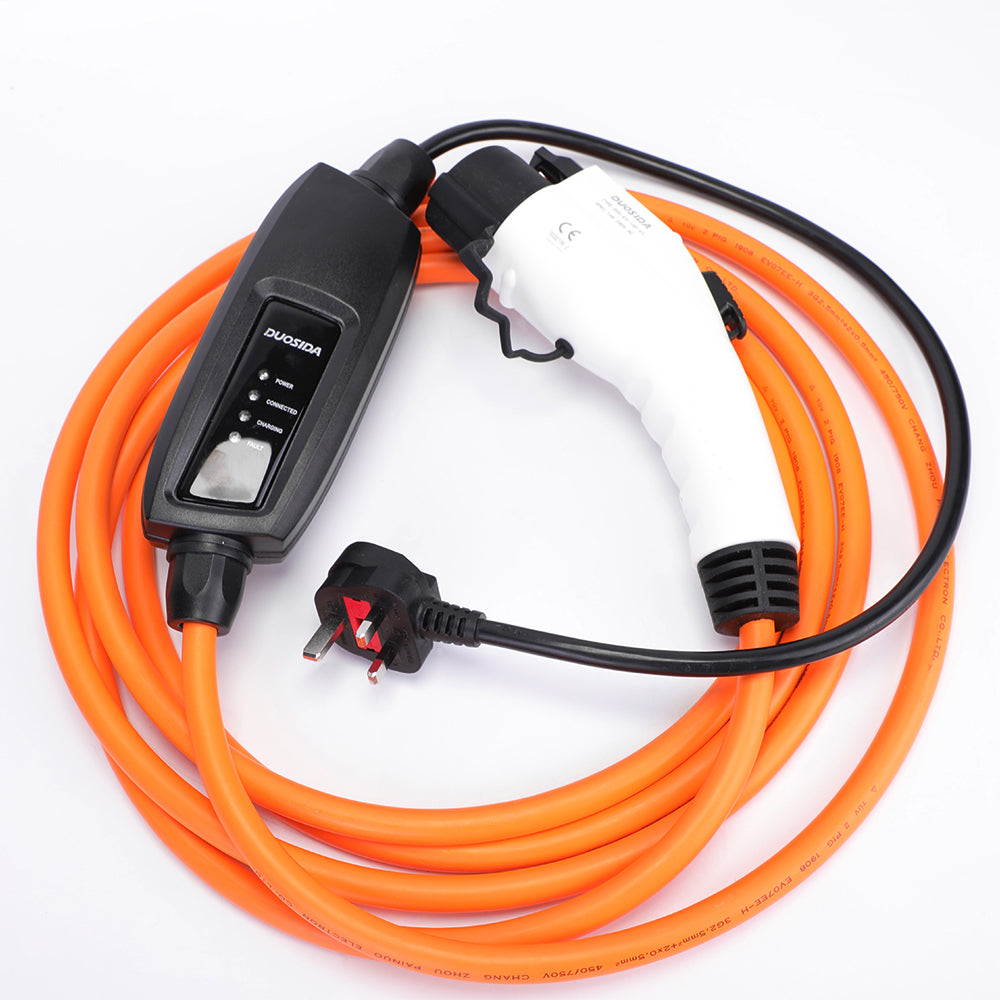- Jun 6, 2020
- 88
- 5
- 83
- If you're a qualified, trainee, or retired electrician - Which country is it that your work will be / is / was aimed at?
- United Kingdom
- What type of forum member are you?
- Electrical Enthusiast (Unqualified Hobbyist etc)
Hi,
With a "granny" charge point, you can just have an extension socket going from your indoor house plug mains and charge your vehicle like that.
But if you have a 16A + charger then you need a expensive type B RCD to be installed....which has DC 6mA and 30mA imbalance detection.
Why the difference?.....why no RCD needed with the granny charger?
"granny" charger <10A

With a "granny" charge point, you can just have an extension socket going from your indoor house plug mains and charge your vehicle like that.
But if you have a 16A + charger then you need a expensive type B RCD to be installed....which has DC 6mA and 30mA imbalance detection.
Why the difference?.....why no RCD needed with the granny charger?
"granny" charger <10A

UK 3-pin to Type 1 EV / PHEV Charging Cable, Duosida Portable Home Charger, Granny Cable - 10amp 240v - 5 Meters
Brand New - 5 meter Long EV / PHEV Charging Cable with in-line EVSE charging device. 10amps, 240v / 2.4kw per hour IP55 - rainproof For Charging any Electric or Plug in Hybrid vehicle with a type 1 socket - see the list of vehicles below Free carry case & Free UK delivery 3-pin UK plug to Type...
shop.evchargersdirect.co.uk









